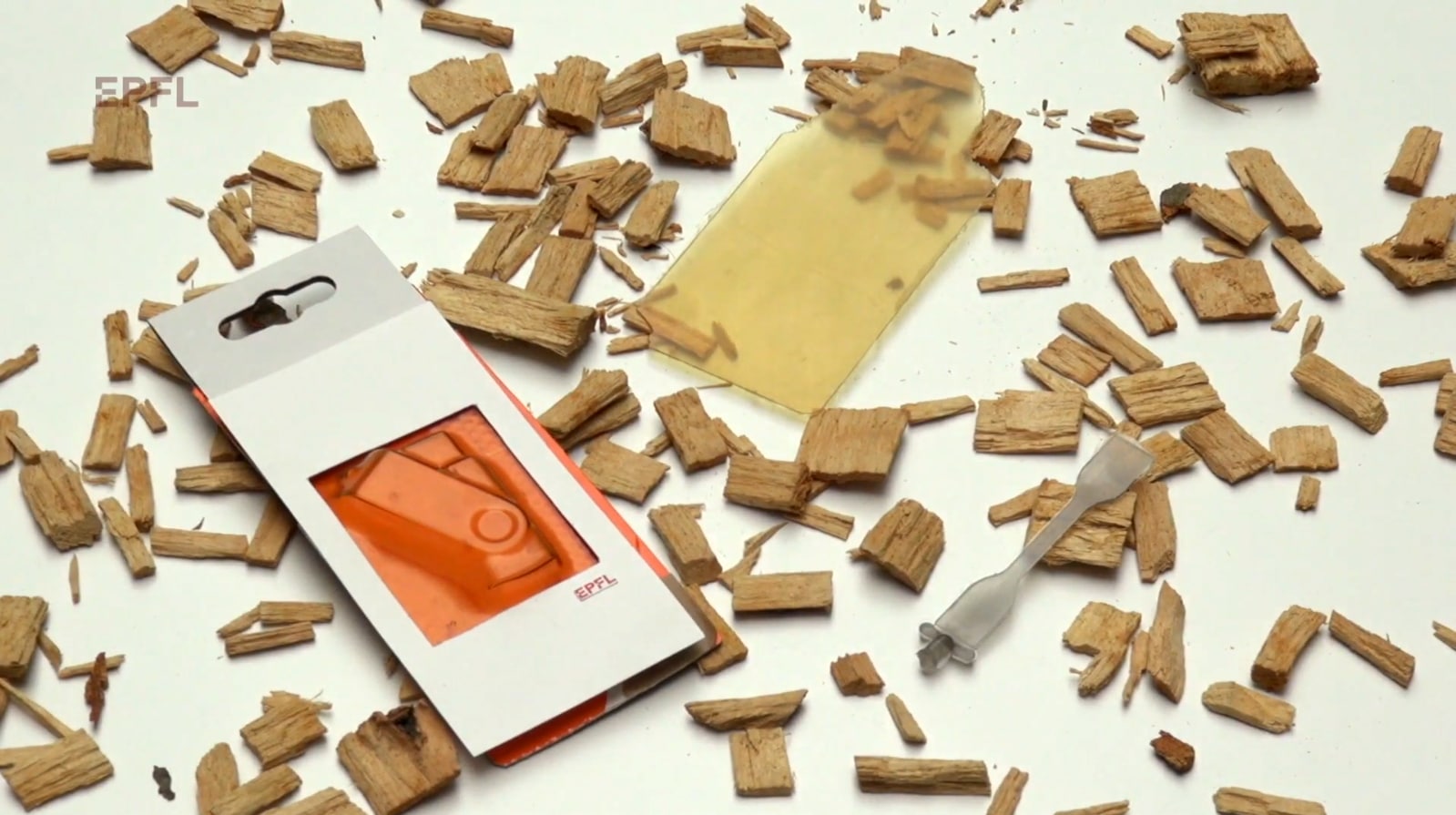
Petroleum derivatives are used to create a wide range of products, including plastics, textiles, smartphones, furniture, flavorings, cosmetics, detergents, and pharmaceuticals. And it is well known that releasing massive amounts of fossil carbons leads to global warming.
Guided by this belief and a determination to cut carbon emissions, a start-up Bloom Biorenewables has developed a technology that uses plant materials as an alternative to petroleum derivatives for producing a wide range of products, including bioplastics, textiles, cosmetics, and even perfume.
Rémy Buser, CEO of Bloom Biorenewables, an EPFL spin-off, and his team are working hard to market a technology rapidly. They believe that their technology would let manufacturers use renewable carbon from biomass as a substitute for petroleum, particularly for making plastic packaging, perfume, and marine biofuels.
Despite the fact that alternatives to using petroleum as an energy source are going to the front, there are presently no cost-effective, non-fossil carbon sources to replace it in manufactured products. Manufacturers who don’t want to depend on fossil fuels have two possible solutions: using carbon found in atmospheric CO2 or extracting carbon from biomass.
Currently, only cellulose, which accounts for about 40% of biomass’s total weight, can be recovered; it is extracted in fiber, which can be used to make paper, for example, or refined into bioethanol. The rest is either burned or discarded.
Bloom Biorenewables’ technology allows biomass’ other components, namely lignin, and hemicellulose, to be recovered intact. Also, it will help manufacturers to use nearly 75% of this environment-friendly resource.
Hemicellulose and lignin constitute about 30%–40% of a plant’s biomass. Lignin’s energy density is 30% higher than that of cellulose. Until now, one of the stumbling blocks in using it has been its troublesome tendency to break down during processing.
In 2016, researchers at EPFL’s Laboratory of Sustainable and Catalytic Processing (LPDC) developed a method that resolves this problem by adding an aldehyde. Aldehydes stabilize the lignin and hemicellulose and keep them from disintegrating.
COO of Bloom Biorenewables, Florent Héroguel said, “With our technology, manufacturers can produce sustainable, circular products. The advantage of “green” carbon is that it fits into the earth’s natural cycle and prevents the imbalances caused by extracting the carbon that has been buried for tens of millions of years – and which is largely responsible for global warming.”
The €3.9 million in the capital the company recently raised provides key resources for business development and serves as a sign of recognition from industry professionals worldwide. The fund-raising round was led by Breakthrough Energy Ventures-Europe (BEV-E), a new European fund launched by a consortium including Bill Gates. BEV-E supports start-ups that are “visionary, bold, and focused on a global carbon-reduction strategy.”
Continue reading New technology to transform plant materials into a wide range of products on Tech Explorist.

0 comments:
Post a Comment